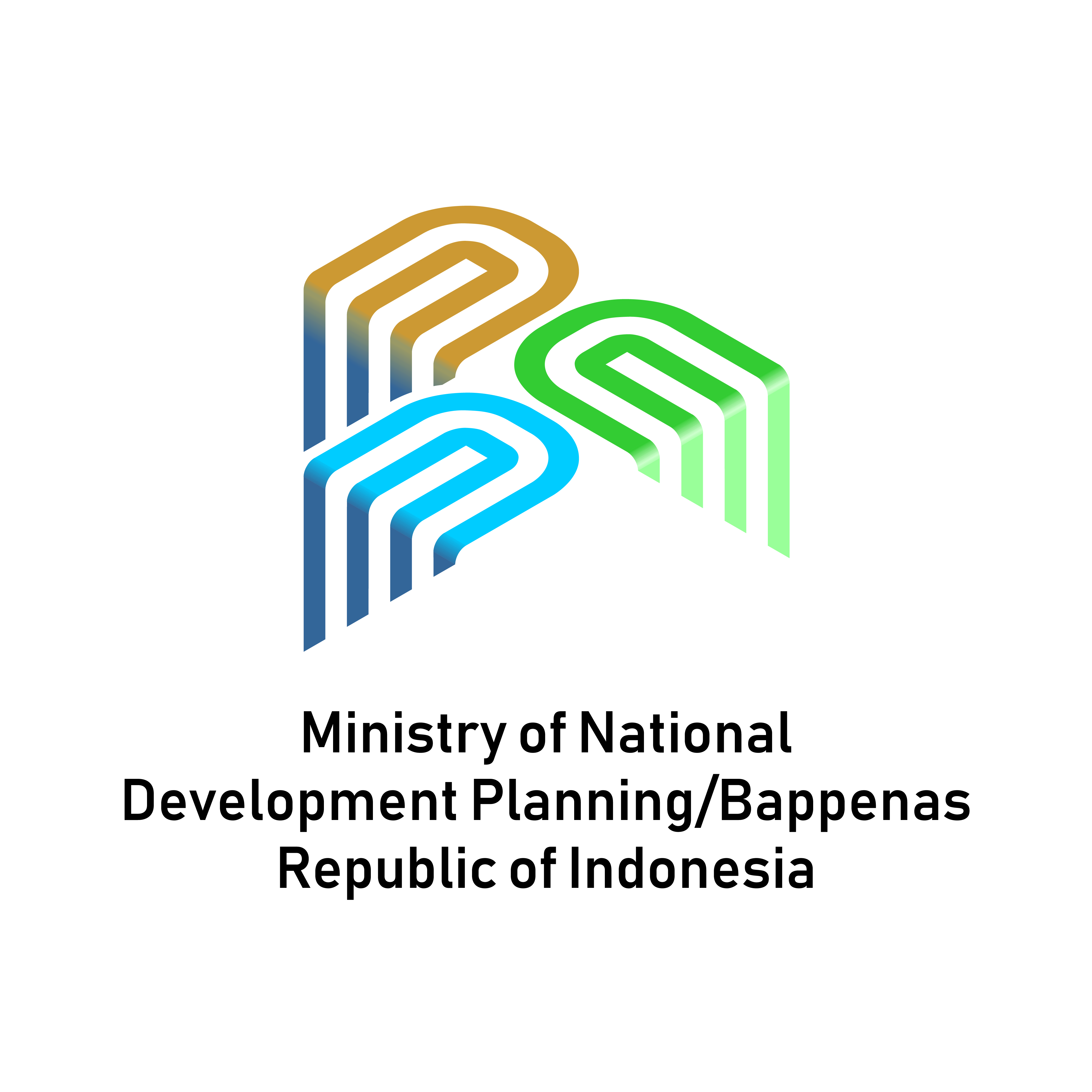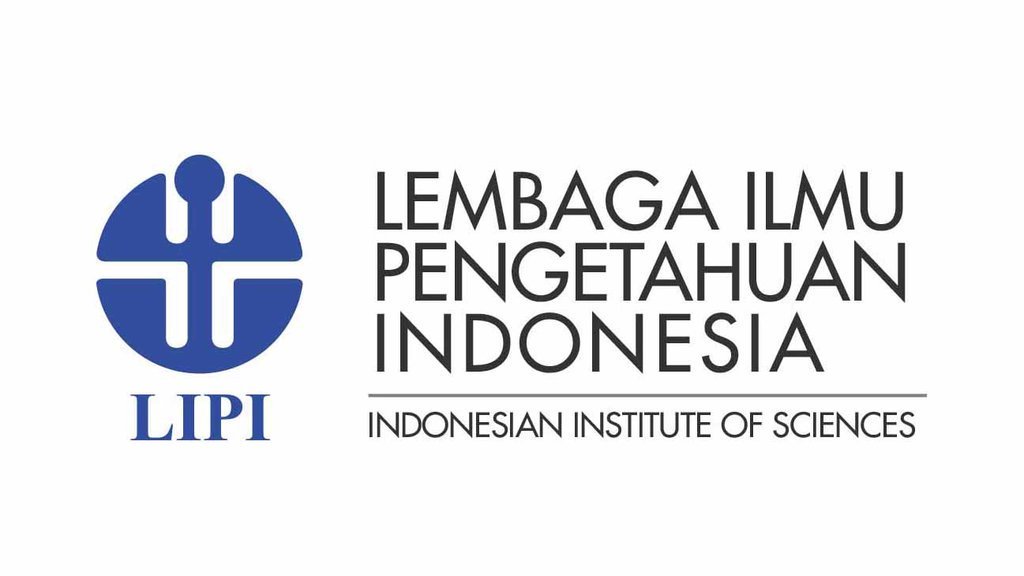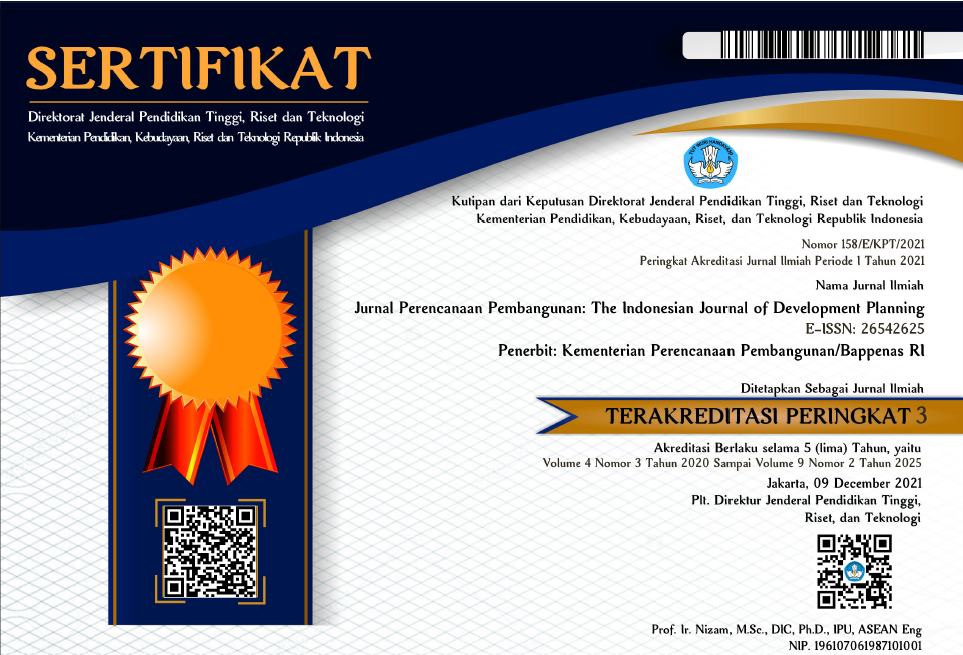Political Budget Cycles At Subnational Level: Evidence From Th e Indonesian Simultaneous Regional Election In 2015
DOI:
https://doi.org/10.36574/jpp.v2i3.38Keywords:
political budget cycles, fiscal spending policy, simultaneous local electionsAbstract
This study examines the existence of local budget utilization behaviour by incumbents who have politically interested policies, since they have motive to attract prospective voters. This study focuses on 254 provincial and districts/cities in Indonesia which held simultaneous regional head election in 2015. It analyses targeted expenditures that have highly visible to please voters, and allegedly affect vote-share results, such as budget deficits, total spending, investment spending, discretionary funds include its sub components: grants, social aids, and financial aids. According to the results obtained, there is no indication of politically driven fiscal policy by incumbent candidates in almost all spending categories. However, there is a positive and significant relationship between the regions that have incumbents and grant expenditure subcategory behaviour. This finding indicates that this category expenditure is still popular among incumbents to stimulate citizens and gain sufficient vote-share later on.
Downloads
Downloads
Published
How to Cite
Issue
Section
License
This is an open-access article distributed under the terms of the Creative Commons Attribution-NonCommercial-ShareAlike 4.0 International License. Copyright © Kementerian PPN/Bappenas RI


















